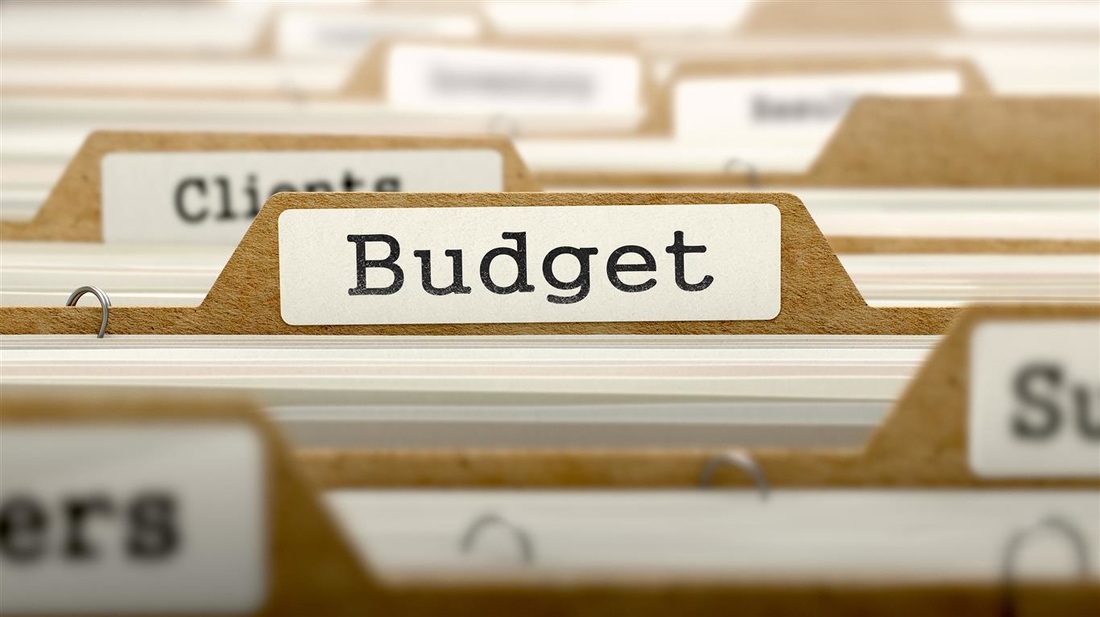A great budget that can last throughout the entire project and protect a company's balance sheet is more than just estimating how much everything will cost. No, it involves understanding the risk and realities of the project you are undertaking. Be sure to have a portion of your budget allocated for contingencies or emergencies with undertaking the project. This helps you stay on budget rather than having no backup plan and when unexpected expenses crop up, having to scramble to find the resources or shut the project down which wastes valuable time and money.
Ensure you have an amazing project manager/leader
The key to an efficient and smooth project is largely due to the manager or leader of the project. This person’s job is to allocate the resources budgeted to the project properly, as well as motivates and organizes the staff to complete the project on schedule. It is critical to ensure the project manager fully understands the scope of the project and ideally, has worked on or led a similar one before. It is very difficult to complete a project or estimate its costs if you have never undertaken something similar. That unknown means a greater risk, which means the project is more likely to go over budget.
Organization and communication are key
Spending the first few days or weeks of a project, establishing a routine and system for organization and communication can seem like a waste of time on the surface. However, the more complicated the project, the more likely issues in these areas will arise. Information and instructions passed along the chain can be misconstrued by different mid-level managers causing confusion in their subordinates. Work completed which is not tracked and organized could be repeated unnecessarily--wasting time and money in the process.
A system, whether digitized or based on company hierarchy, can help keep your project on budget by increasing efficiency in all areas of the project. Assumptions are a project's worst enemy and can cause aspects of the project to have to be redone or changed after completion, which can ruin timelines and budgets in the process.
Establish a relationship with freelancers, outsourced help, and suppliers beforehand
Nothing can derail a project more than a key supplier not fulfilling an order or delivery as they previously expected. Even if they have a legitimate reason such as port delays or equipment repairs, projects often have a linear component that means they cannot move forward without certain aspects complete or in place. If at all possible, you should work with suppliers, freelancers, and other outside the company, on small projects or one-off assignments before relying on them for a key component of a major project. This precaution will ensure that the vendor is reliable, indicating that you are a serious company and should be respected. Mutual respect ensures the supplier follows through on their promise, on time, and assures the supplier they will be compensated for their efforts as you already have established your working relationship on previous projects.


 RSS Feed
RSS Feed
